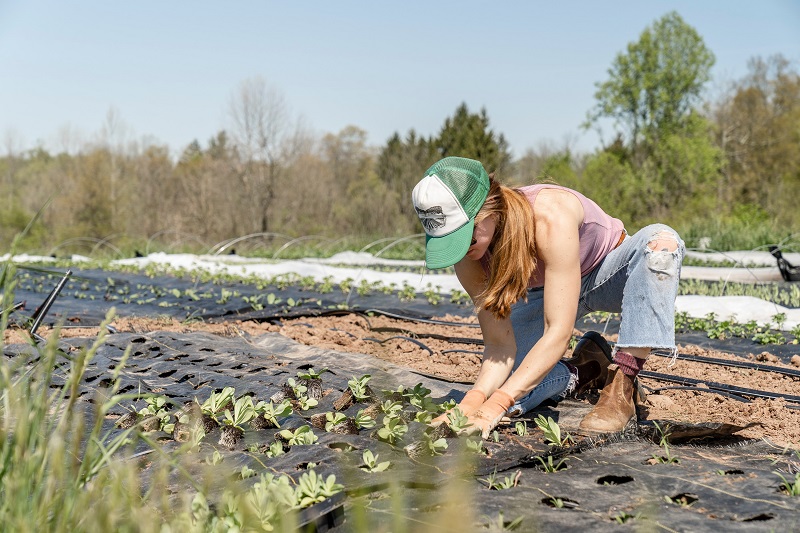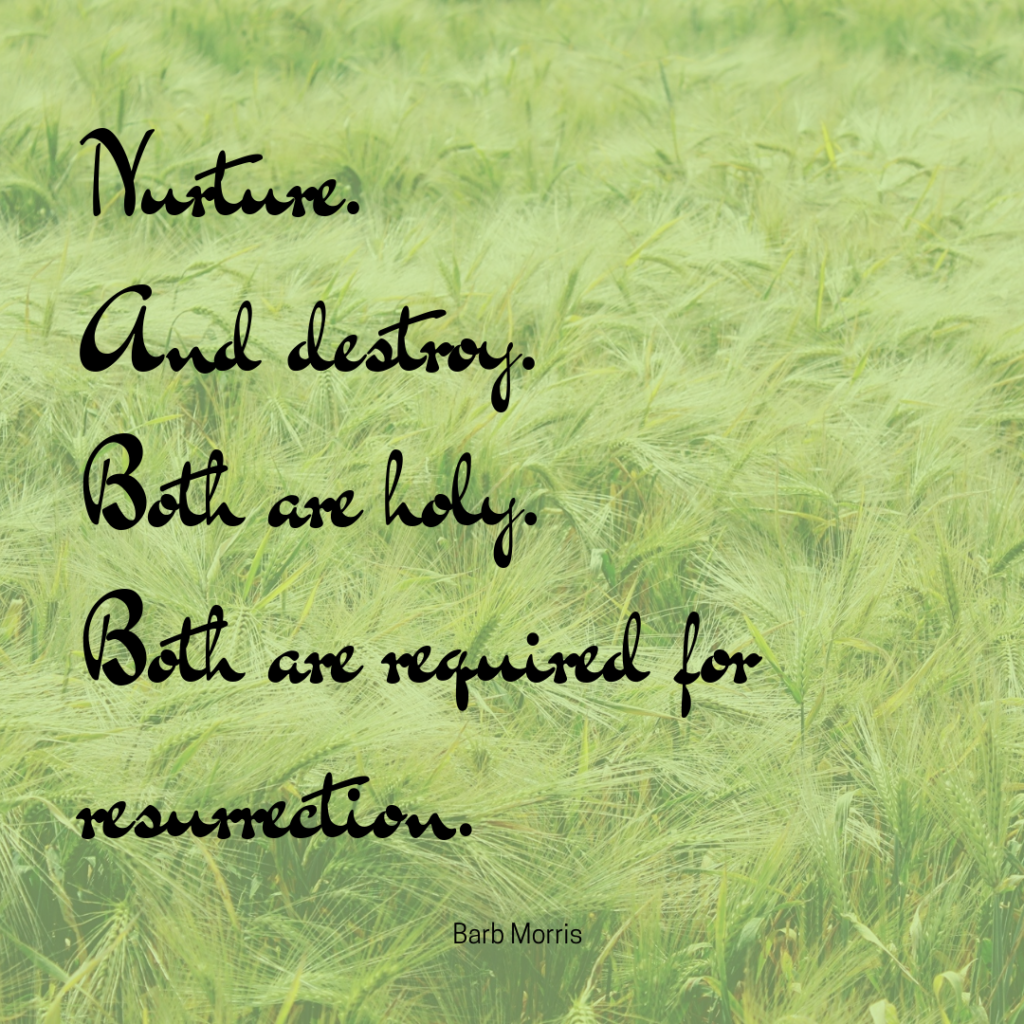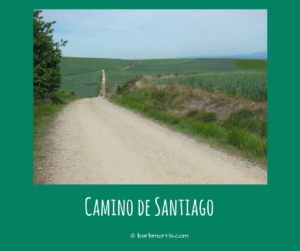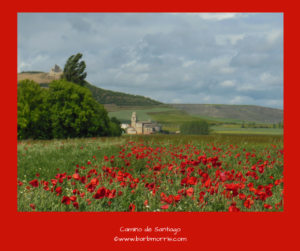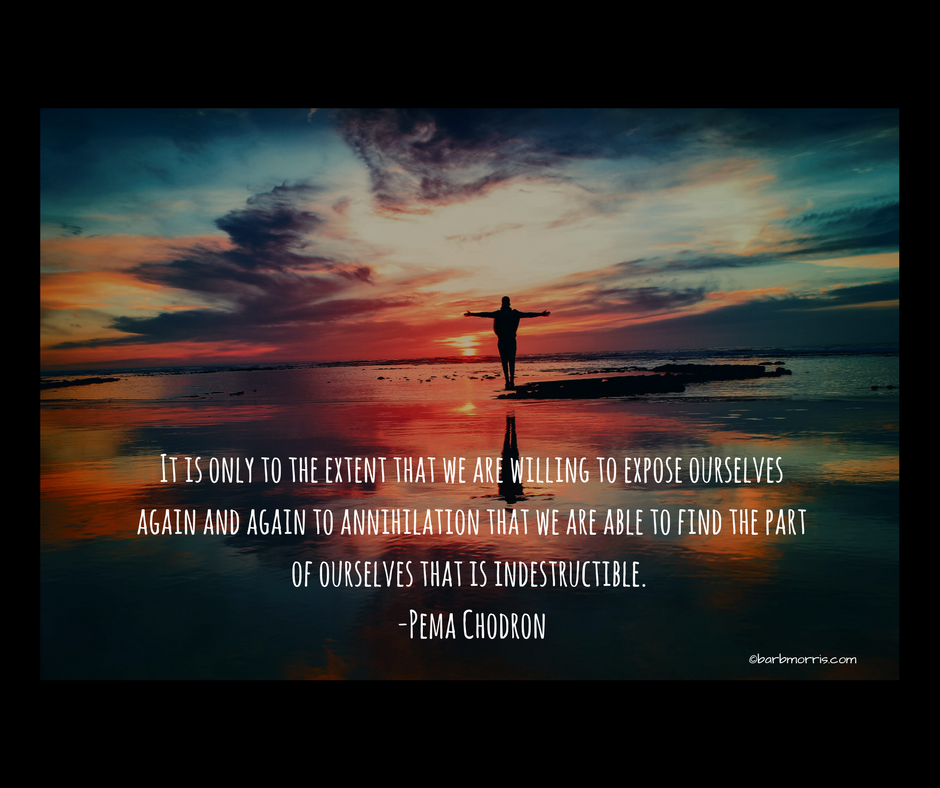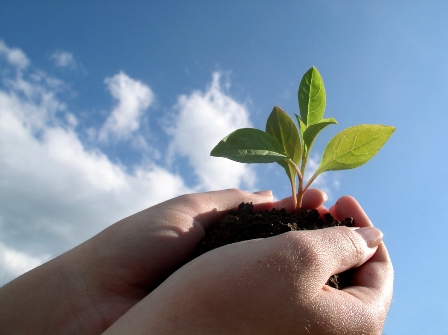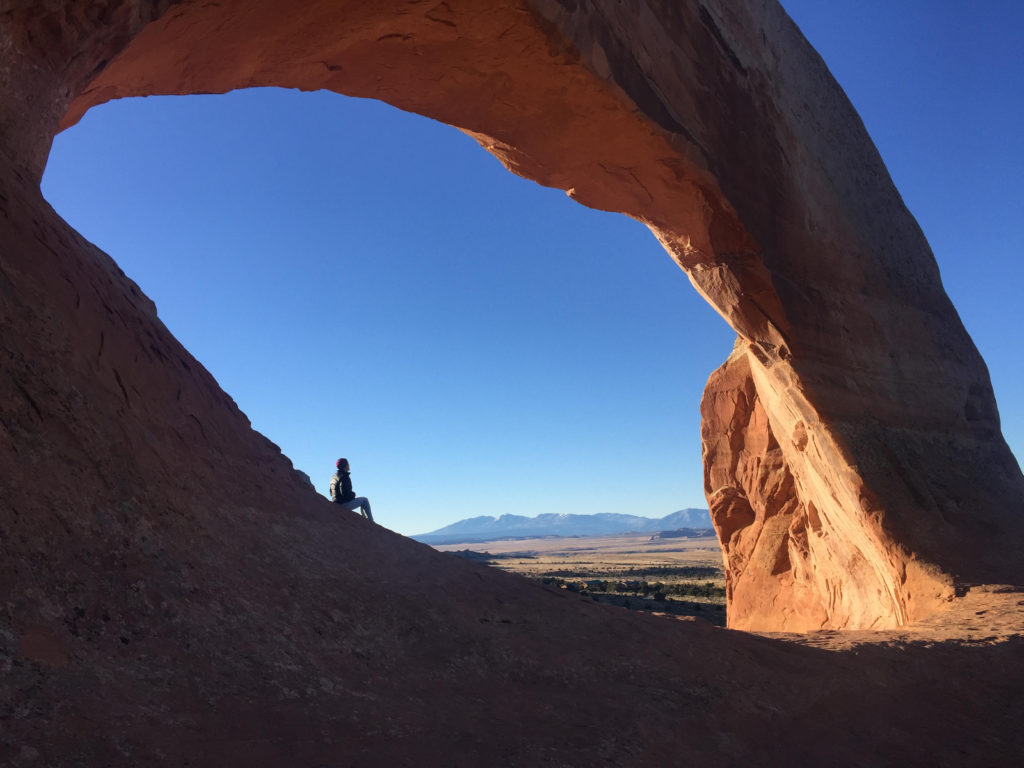
| Today is Holy Saturday in the western Christian tradition. Yesterday was Good Friday, the day of Crucifixion. Tomorrow is Easter Sunday, the day of Resurrection. Nothing much happens on Holy Saturday. There’s a lot of waiting and more than a little hopelessness in the gospel stories. This emptiness makes so much sense to me. To pause between death and resurrection is appropriate. To honor our emptiness is necessary. This pausing to honor emptiness can be uncomfortable, especially in our productivity-worshipping culture. Silence and space can be scary. We have the urge to rush to fill the pause. Sisters, stop and take a breath today. Grieve your endings. Fully inhabit your emptiness. Give yourself space and silence. Embrace this pause as a gift. As we lose the roles and identities accumulated during the first half of our lives, we begin to uncover who we really are, and who we want to become, in the second half. For women especially, the identities and roles of our first four to six decades are often defined by who we nurture—friends, siblings, spouses and partners, children, other people’s children, parents, institutions. When these roles are stripped away, we can come home to ourselves. Jesus of Nazareth preached trust in this process of losing and finding, over and over. “Those who want to save their life will lose it, and those who lose their life for my sake will find it.” These words are in every gospel, often in several places. I conclude that he really meant them. When we resist deaths, small and large, we stay stuck. When we cling to how life was, or how life should have been, or how we want life to be, we aren’t actually living at all. Because living happens right now, in this moment. When we accept the endings and hold ourselves gently in the space between death and hoped-for new life, resurrection happens. It’s inevitable. When we pause, when we wait, when we let what’s dead be dead, life will resurrect itself. Simply give it time. This holy pause pertains in other traditions, too. Christianity does not have a monopoly on death, resurrection, and the praise of emptiness. Christianity simply echoes and amplifies the cycle of death and rebirth encoded in our earthling DNA. Here’s the Tao Te Ching: We join spokes together in a wheel, but it is the centre hole that makes the wagon move. We shape clay into a pot, but it is the emptiness inside that holds whatever we want. We hammer wood for a house, but it is the inner space that makes it livable. We work with being, but non-being is what we use.* Remember who you are. Return to your body and your goodness. Reclaim your authority. Take your time. Honor your holy pauses. Honor the innate wisdom of change. Recommit to your priorities. Boundless compassion thrives within excellent boundaries. As much as you can, praise the emptiness of this moment. Honor this emptiness, this fallow field, as it is the ground of new life. Simply wait, and watch for green shoots to break through the bare earth. New life always breaks through. New life always breaks through, when you are ready. PS. To subscribe to my newsletter and receive my latest updates and posts, use this link. Thank you! Photo Credit: Wilson Arch, Utah, November 2016, Jed Holdorph *From Stephen Mitchell’s translation of the Tao Te Ching. |

